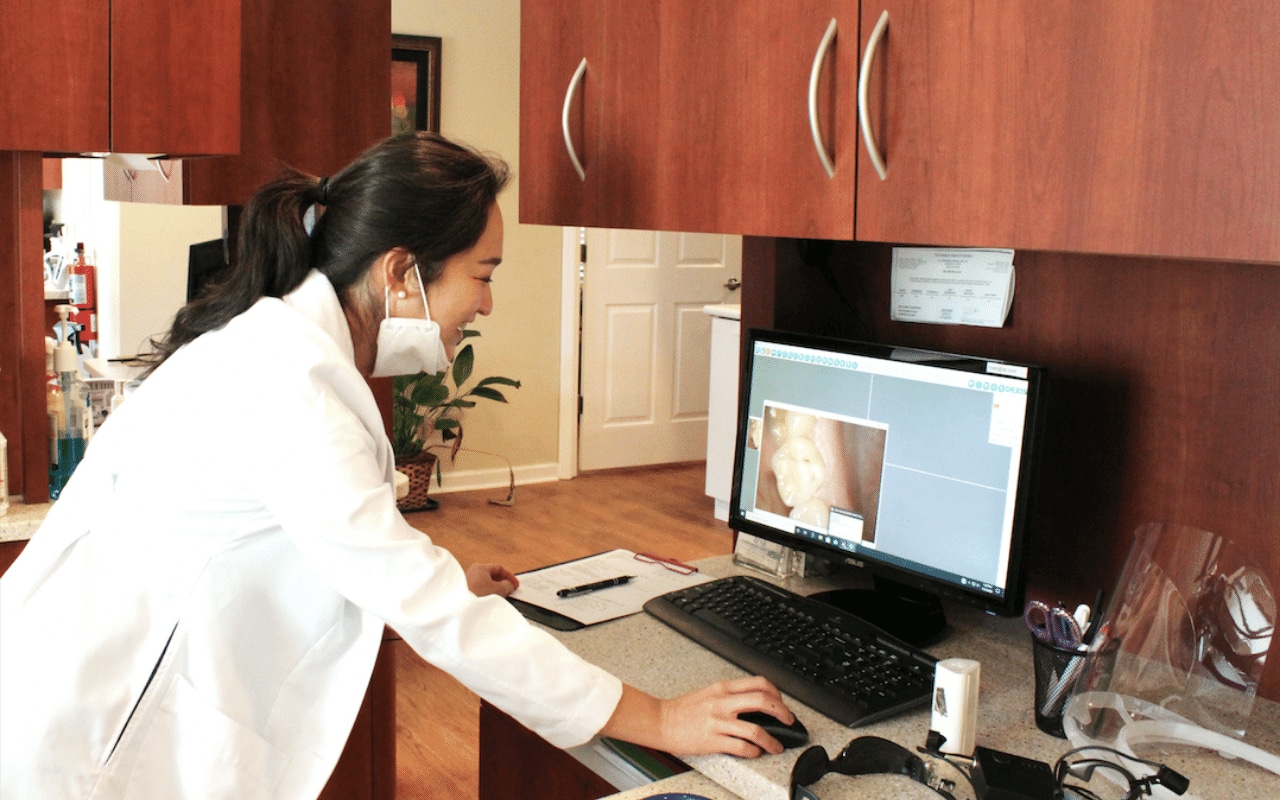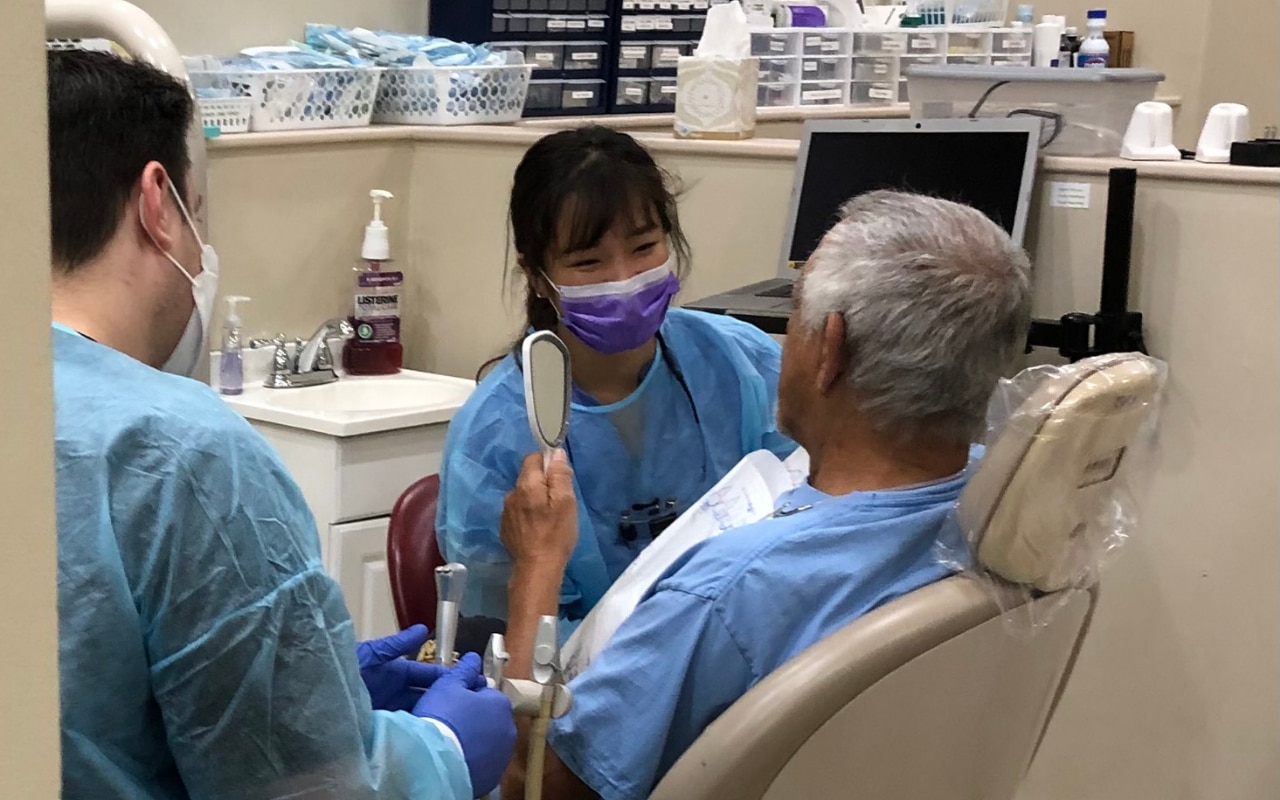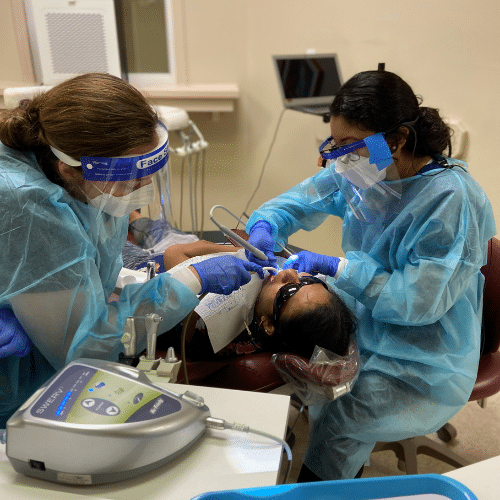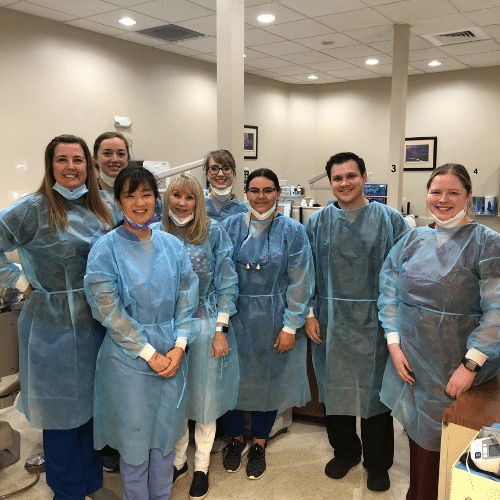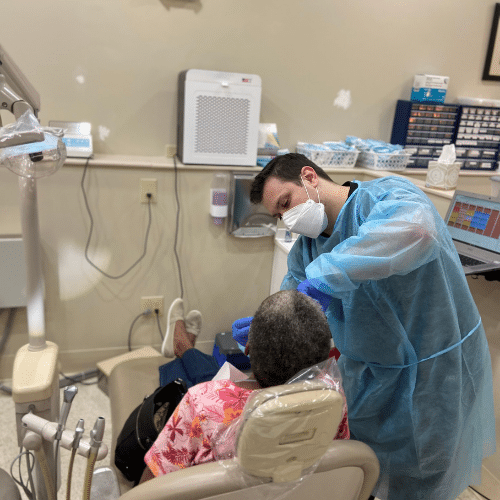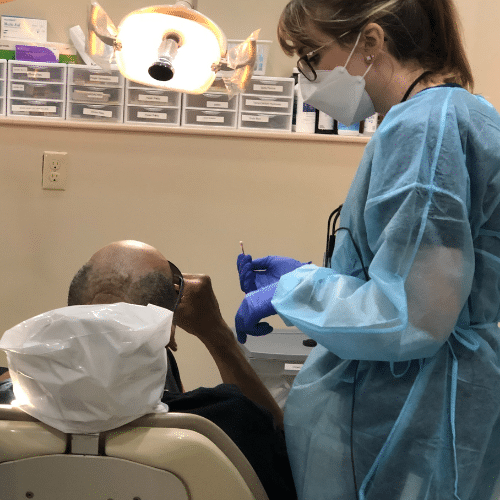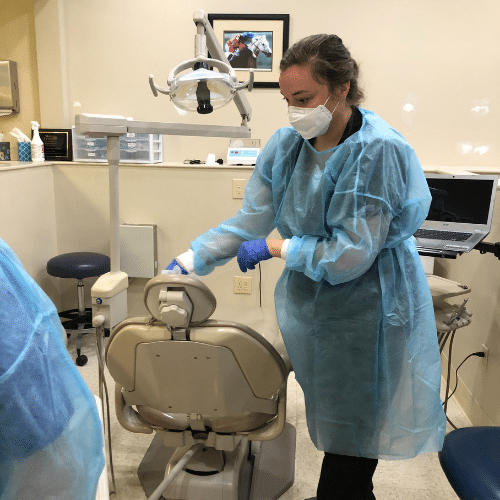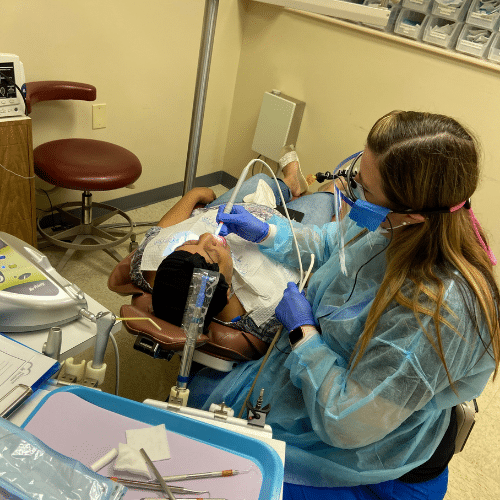Impacted Wisdom Teeth
What to Know About Impacted Wisdom Teeth
If there’s any dental problem you should try to avoid, it’s impacted wisdom teeth. Most people have an extra set of molars, also known as wisdom teeth, that come in during your early years as an adult. Some may need to have their wisdom teeth removed sooner. There’s not much you can do about your wisdom teeth coming in incorrectly. However, there are a few options your dentist in Lexington, KY, will recommend after coming in for an evaluation. In this article, we discuss what to know about impacted wisdom teeth.
What Are Wisdom Teeth?
Wisdom teeth will require enough room for them to come in without a problem. When there’s not enough room, they become impacted. Wisdom teeth are the last teeth to emerge and typically appear between the ages of 17 and 25. They are no longer necessary because our diet now comprises softer foods, and we have the ability to cut food into little pieces that we can easily chew.
Wisdom teeth frequently fail to develop in normal alignment or fail to emerge all the way through the gum line. This results in impacted wisdom teeth that become wedged between the gums and jawbone. Impacted wisdom teeth can be quite uncomfortable. If you suspect that your wisdom teeth are coming in, contact our dental office to set up a tooth extraction consultation.
Symptoms
Those who have enough room for their wisdom teeth don’t have to get them removed. There are a few symptoms or signs that your wisdom teeth are coming in. Dr. Jinyoung Kim recommends keeping an eye out for these signs:
Swelling and Infection
With impacted wisdom teeth, there is often severe swelling, pain, and infection. The best dentists in Lexington, KY, will tell you that the problem should not be ignored. Furthermore, because impacted wisdom teeth can cause harm to neighboring gums, teeth, and bones, many dentists will suggest tooth extractions. Impacted wisdom teeth are more difficult to remove, put you at a higher risk of surgical complications, and can permanently harm bones and other teeth. Furthermore, the longer wisdom teeth pain persists, the more likely an infection may occur as a result of germs accessing open tissue.Dr. Boals, Colorado Springs dentist, adds that oral infections can have an adverse effect on overall systemic health.
Pain
Pain might be a sign of impacted wisdom teeth, which arise when the jaw bone or other teeth block wisdom teeth from emerging. Jaw pain and tenderness, redness and swelling of the gums around the tooth, foul breath, or a bad taste when you bite down on food are all signs that your wisdom teeth are impacted. Wisdom teeth that have become impacted can also put you at risk for cysts, which are pockets of fluid that grow around the tooth.
Tumors can grow around the teeth in rare cases. Our friend Dr. Chris Green, a sedation dentist in Parker, CO, says that cysts and tumors can cause lasting harm to your jaw bone and other teeth. Wisdom tooth discomfort is not always a symptom that your wisdom teeth are impacted, but the longer you wait to see a dentist, the more likely your wisdom teeth will become affected.
Treatment
Tooth extraction can be performed in either a dentist’s or an oral surgeon’s office. To help you prevent discomfort during the treatment, either local or general anesthetic can be administered. To remove the impacted tooth, follow these steps:
- An incision is made in your gums to access the affected teeth and jawbone. After the teeth are pulled, the incision may require stitches to seal.
- To limit bleeding and aid healing, the socket where your teeth were extracted will be wrapped with gauze.
- Following the removal of your wisdom teeth, your dental expert or oral surgeon should provide you with detailed instructions on how to care for your mouth. Follow their advice to ensure a quick recovery.
Contact Your Lexington KY Dentist
Take action as soon as possible, whether you choose a conservative or surgical strategy to treating your wisdom teeth infection. If you ignore the symptoms of wisdom tooth infection, the situation will most certainly worsen. Furthermore, the older you get, the more difficult an extraction treatment can be. So, if you have an infection, don’t put it off—contact Park Hills Family Dentistry today.





